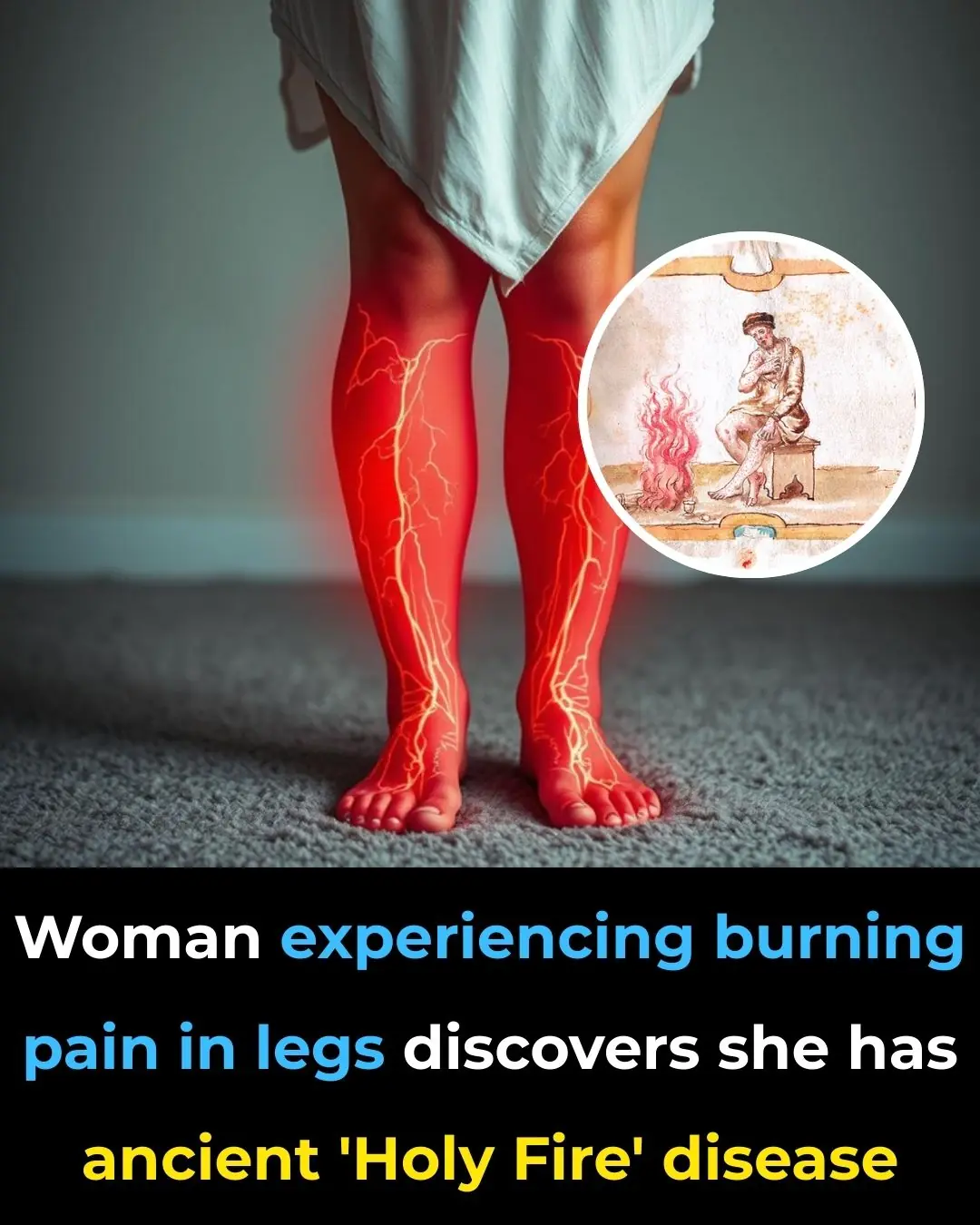
The #1 mineral deficiency linked to strokes (and how to fix it)
How a Simple Mineral Can Protect You from a Stroke: The Power of Potassium
Strokes are one of the leading causes of death and disability worldwide. But what if I told you that a significant, yet often overlooked, risk factor for stroke is something you can easily address? Many of my patients are shocked to learn that a common mineral deficiency could be putting them at risk for a stroke—and even more surprised by how simple the solution can be.
In this article, we’ll delve into the mechanics of a stroke, examine the critical connection between blood pressure and stroke risk, and highlight one mineral that plays a major role in keeping your blood pressure in a healthy range. By the end, you'll understand not only why this mineral is so vital but also how to ensure you're getting enough of it to safeguard your brain health.
Key Takeaways
-
High Blood Pressure is the Main Culprit: Hypertension is one of the most significant and manageable risk factors for both major types of strokes. Over half of all strokes are linked to it.
-
Potassium is Your Ally: A potassium deficiency is a common but reversible cause of high blood pressure. Getting enough potassium can significantly lower your blood pressure naturally.
-
The New Blood Pressure Goal: Recent studies have shown that the target for systolic blood pressure should now be under 120, not 140, to reduce stroke risk.
-
Food is Your Best Medicine: The best way to boost your potassium is through your diet. Eating potassium-rich whole foods offers multiple health benefits beyond just stroke prevention.
1. Understanding the Two Types of Strokes 
Before diving into the solution, it’s important to understand the problem. Strokes typically fall into two categories. The most common type, accounting for about 87% of all strokes, is ischemic stroke. This occurs when blood flow to a part of the brain is blocked, usually by a blood clot or a piece of plaque that breaks loose. This plaque buildup is called atherosclerosis, which results from chronic damage and inflammation to the artery walls.
The second type, hemorrhagic stroke, is less common but can be more severe. This happens when a blood vessel in the brain bursts, causing blood to leak into the surrounding tissue, which then swells. This increased pressure can severely damage brain cells.
2. The Real Culprit: High Blood Pressure 
What links these two types of strokes? High blood pressure (hypertension) is one of the most important and controllable risk factors. When your blood pressure is consistently high, it strains the walls of your arteries, including those in your brain. This continuous pressure inflames and weakens the artery walls, which accelerates plaque buildup, leading to ischemic stroke. In the case of hemorrhagic stroke, high blood pressure can weaken blood vessels over time, making them more likely to rupture.
The numbers are concerning: an estimated 51% of all strokes are directly related to high blood pressure. The famous Framingham Heart Study found that people with hypertension had a stroke risk that was 5 to 30 times higher than those with normal blood pressure. In fact, a large meta-analysis involving over a million people revealed that for every 20-point increase in systolic blood pressure, the risk of dying from a stroke doubles. This is a risk you can't afford to ignore.
3. The Overlooked Mineral: Potassium’s Power 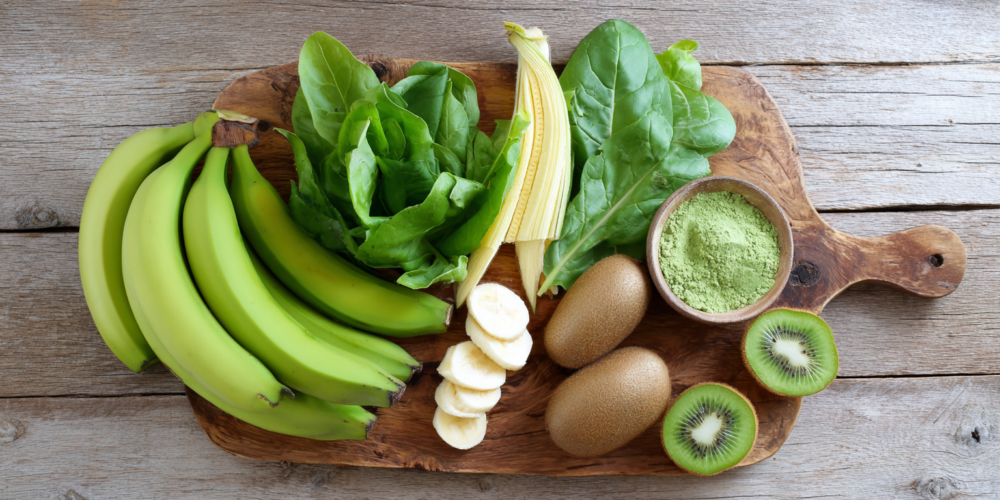
Here’s the good news: Before you consider prescription medications, there’s a simple, natural solution to this problem—potassium.
Research has shown how impactful potassium can be. In one study, healthy men on a very low-potassium diet saw a significant rise in their blood pressure within just nine days. Conversely, numerous studies have confirmed that increasing potassium intake lowers systolic blood pressure. A review of 22 high-quality trials found that boosting potassium intake reduced systolic blood pressure by an average of 3.5 points. While this might not sound like much, every point matters. The benefits are even more pronounced when your potassium intake is optimal.
4. How Much Potassium Do You Need (And How Does It Help)? 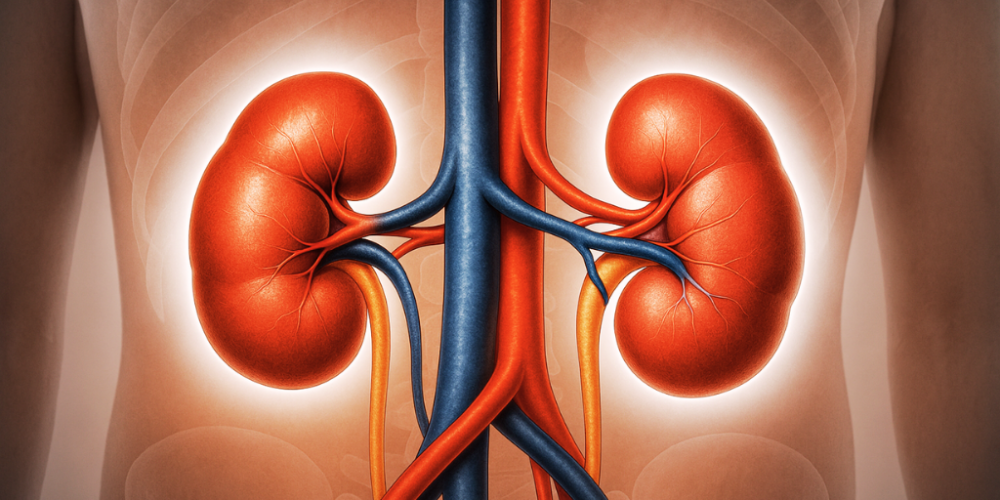
The ideal daily potassium intake is between 3,500 and 4,700 milligrams. Research shows that reaching this level can reduce systolic blood pressure by up to 7 points. Since a 10-point decrease in blood pressure can lower your stroke risk by 27%, a 7-point drop from dietary changes alone can have a significant impact.
Potassium helps regulate sodium levels in your body. While some sodium is necessary, most modern diets are high in sodium, causing the body to retain water and raise blood pressure. Potassium helps flush excess sodium from your system and relaxes blood vessel walls. This combination of reducing sodium and relaxing vessels is an effective way to naturally lower blood pressure.
5. The Proof: The Salt Substitute Study
A compelling study in China provided some of the strongest evidence of potassium's role in preventing stroke. Researchers tested the use of a salt substitute made of 75% sodium chloride (regular salt) and 25% potassium chloride. This substitute allowed participants to reduce sodium while increasing their potassium intake. After five years, those using the salt substitute had a 14% lower rate of recurrent strokes compared to those using regular salt. More importantly, when looking at hemorrhagic strokes—those most strongly linked to high blood pressure—the salt substitute group experienced a 33% reduction in risk.
6. Your Potassium-Rich Food Guide 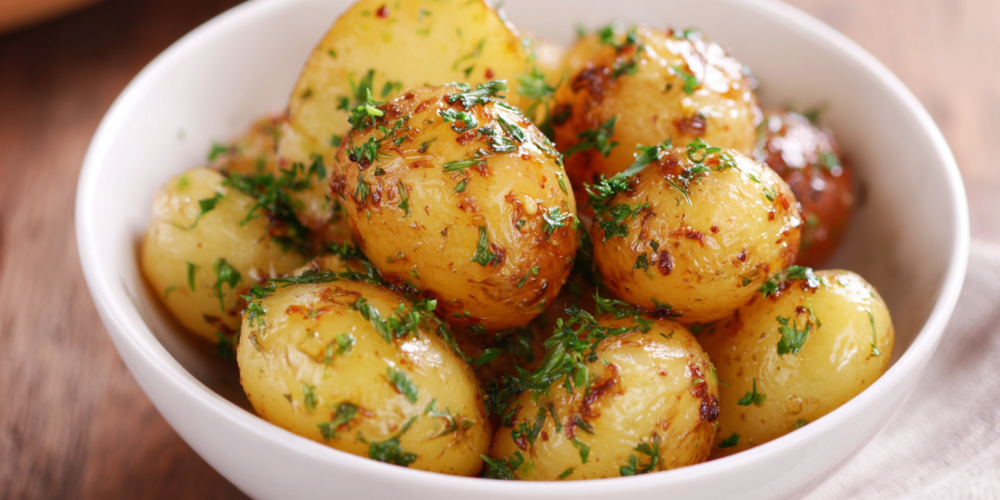
So how can you reach that target of 3,500–4,700 milligrams of potassium per day? The best and safest way is through your diet. Potassium supplements are not the solution and can be risky for some individuals. On the other hand, potassium-rich foods are full of essential nutrients, fiber, and antioxidants that offer numerous additional health benefits.
Here are some great sources of potassium to include in your diet:
-
Leafy Greens: Spinach and Swiss chard are particularly rich in potassium.
-
Root Vegetables: Sweet potatoes and white potatoes (with skin) are excellent sources.
-
Fruits: Bananas are famous for potassium, but other fruits like avocados, oranges, and cantaloupe are also great choices.
-
Legumes: Beans, lentils, and edamame are packed with potassium.
-
Fish: Salmon and tuna are good sources.
-
Dairy: Yogurt and milk provide a solid amount of potassium.
The DASH diet (Dietary Approaches to Stop Hypertension) focuses on these potassium-rich foods and has been shown to reduce stroke risk by 12% for those who follow it closely.
7. Rethinking “Normal”: The New Blood Pressure Target
For years, doctors have recommended keeping systolic blood pressure below 140. However, this advice has now been deemed outdated. Two groundbreaking studies have reshaped our understanding of blood pressure targets. The SPRINT study, involving over 9,000 participants, found that aggressively lowering blood pressure to below 120 led to a 27% lower risk of heart attack, stroke, or death from these causes. A subsequent study in China confirmed these findings, showing a 12% reduction in heart attacks, strokes, and cardiovascular death with a systolic target of less than 120.
The takeaway is clear: aiming for a systolic blood pressure of around 120 is now considered the optimal goal for protecting your heart and brain.
Conclusion
Stroke prevention is crucial for long-term health, and the power to protect yourself is largely within your control. By addressing high blood pressure through simple dietary changes—especially by focusing on potassium-rich foods—you can significantly reduce your stroke risk. Talk to your doctor about your blood pressure and aim for the new, safer target of 120. Your brain and heart will thank you for it.
News in the same category

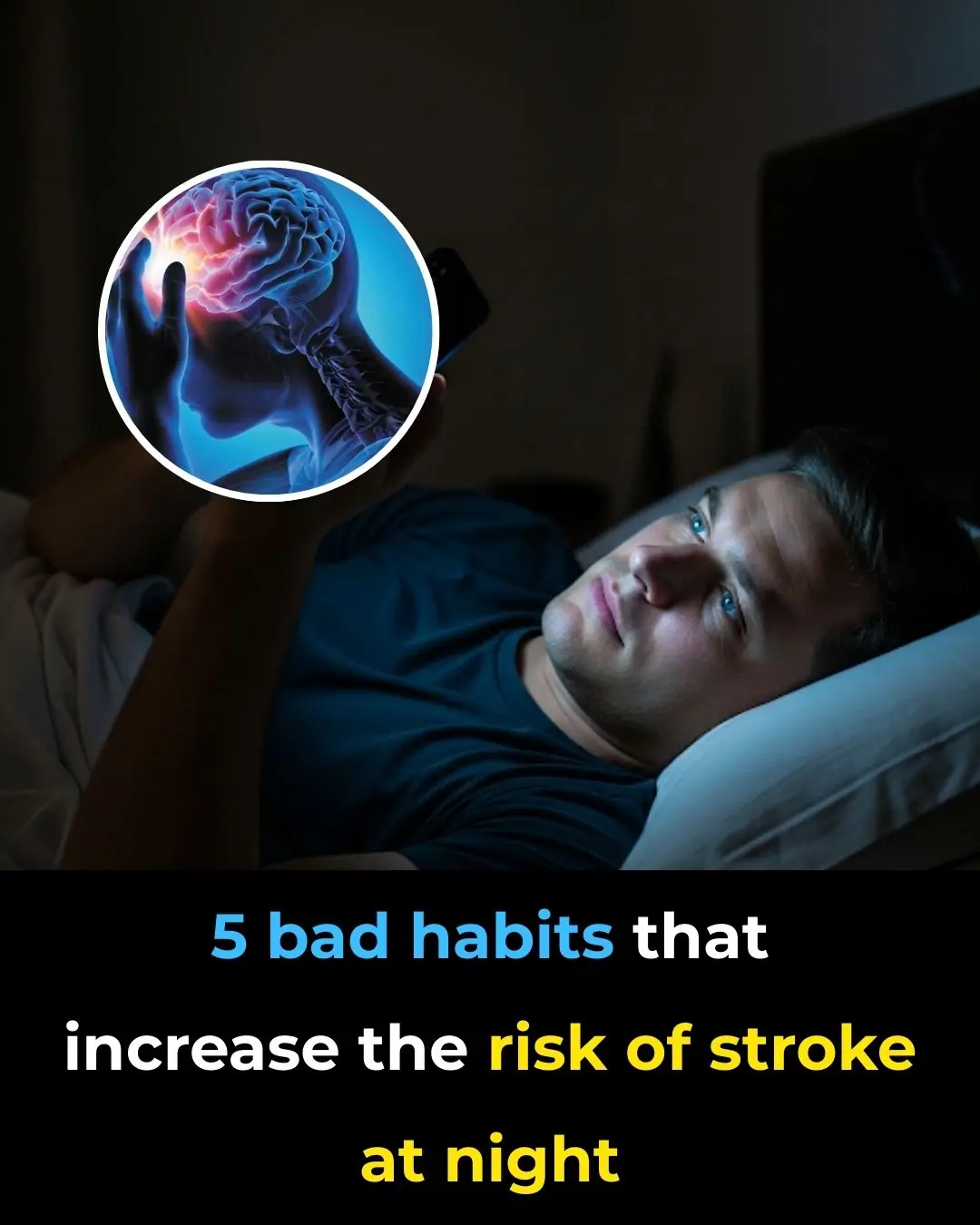
Nighttime Habits That Increase Your Risk of Stroke
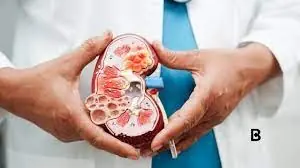
4 Signs Your Kidneys Might Be in Serious Trouble
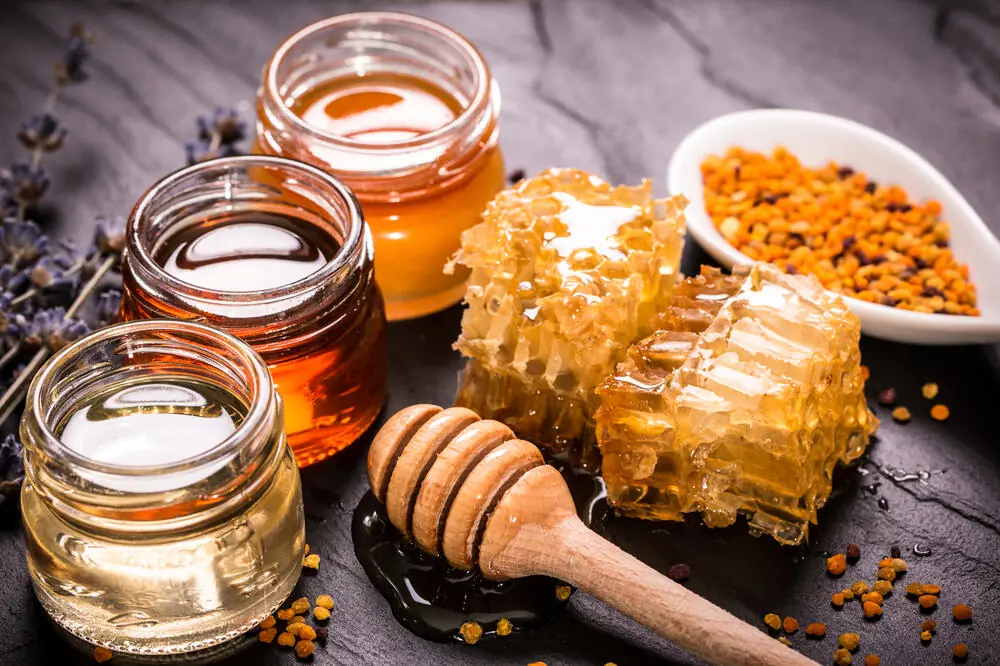
The Potent Remedy: Turmeric and Honey as a Natural Antibiotic

If Your Legs Cramp at Night, You Need to Know This Immediately!

Why You Should Always Close Your Bedroom Door Before Going to Sleep
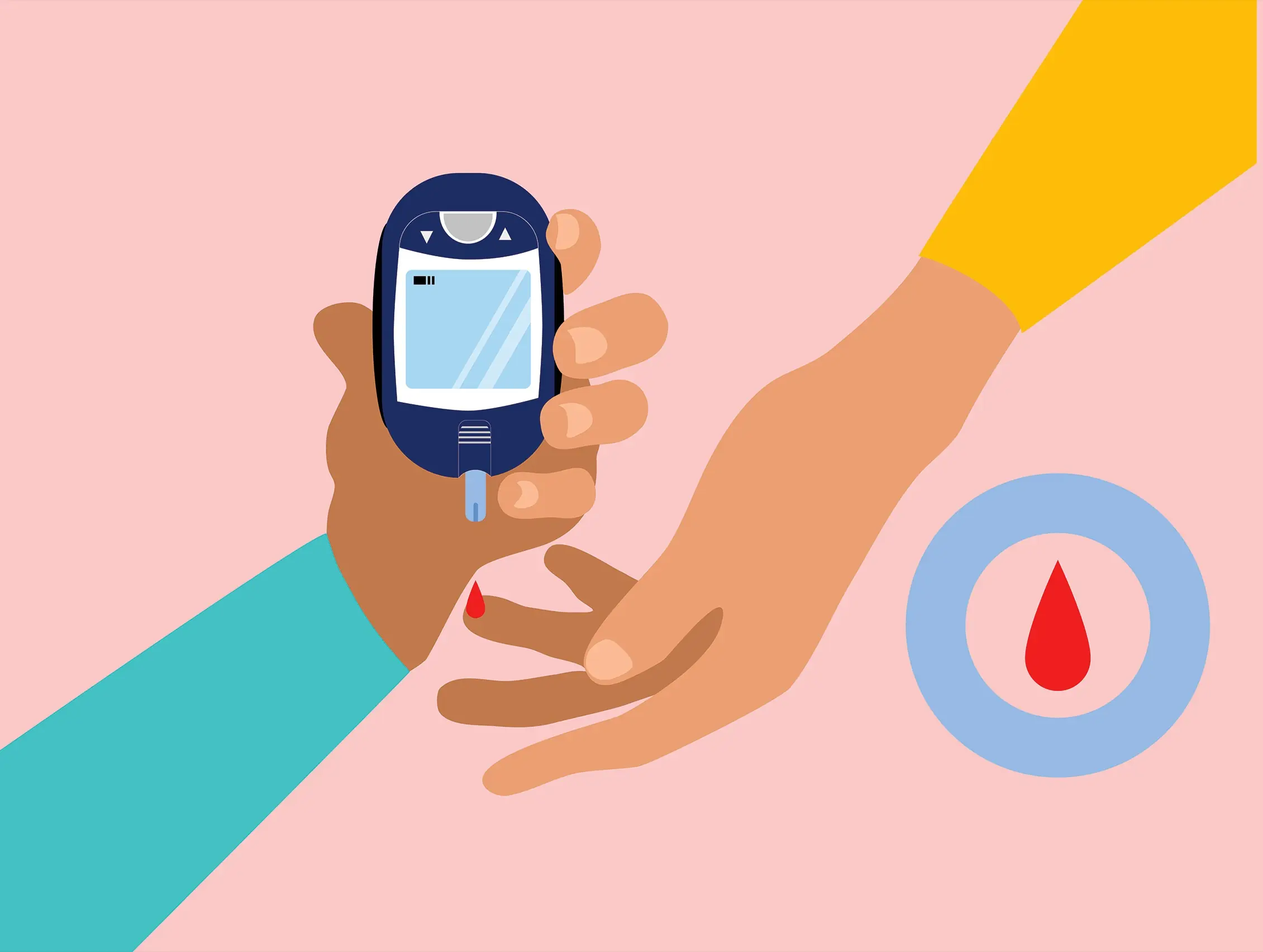
The FIRST Sign of HIGH BLOOD SUGAR Is…

The Shocking Effects of Sleeping Less Than 7 Hours
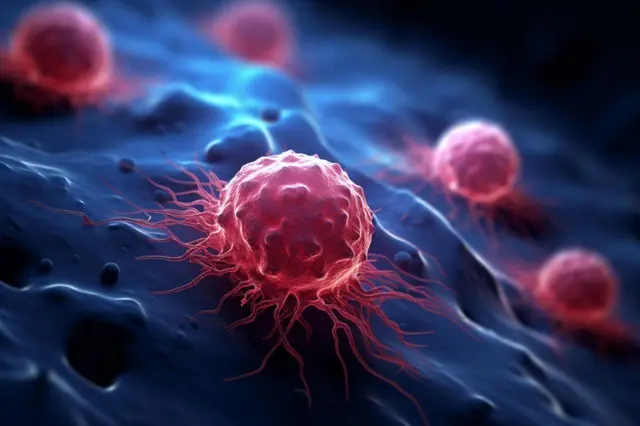
Scientists Have Discovered a “Kill Switch” in The Body That Can Destroy Any Cancer Cell

Snoring Isn't Just Annoying: It Could Be a Serious Health Warning
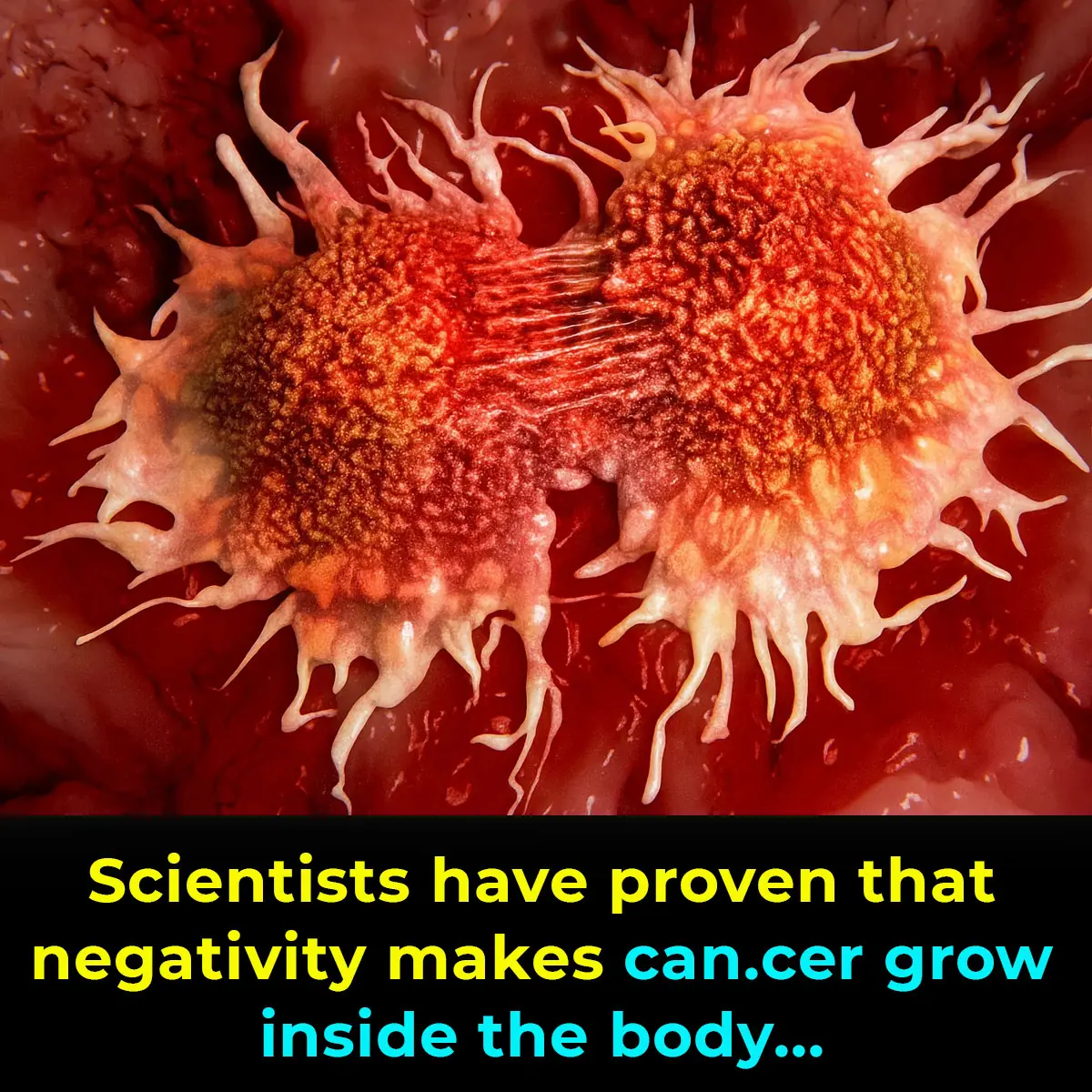
Scientists Have Proven That Negativity Makes Cancer Grow Inside The Body
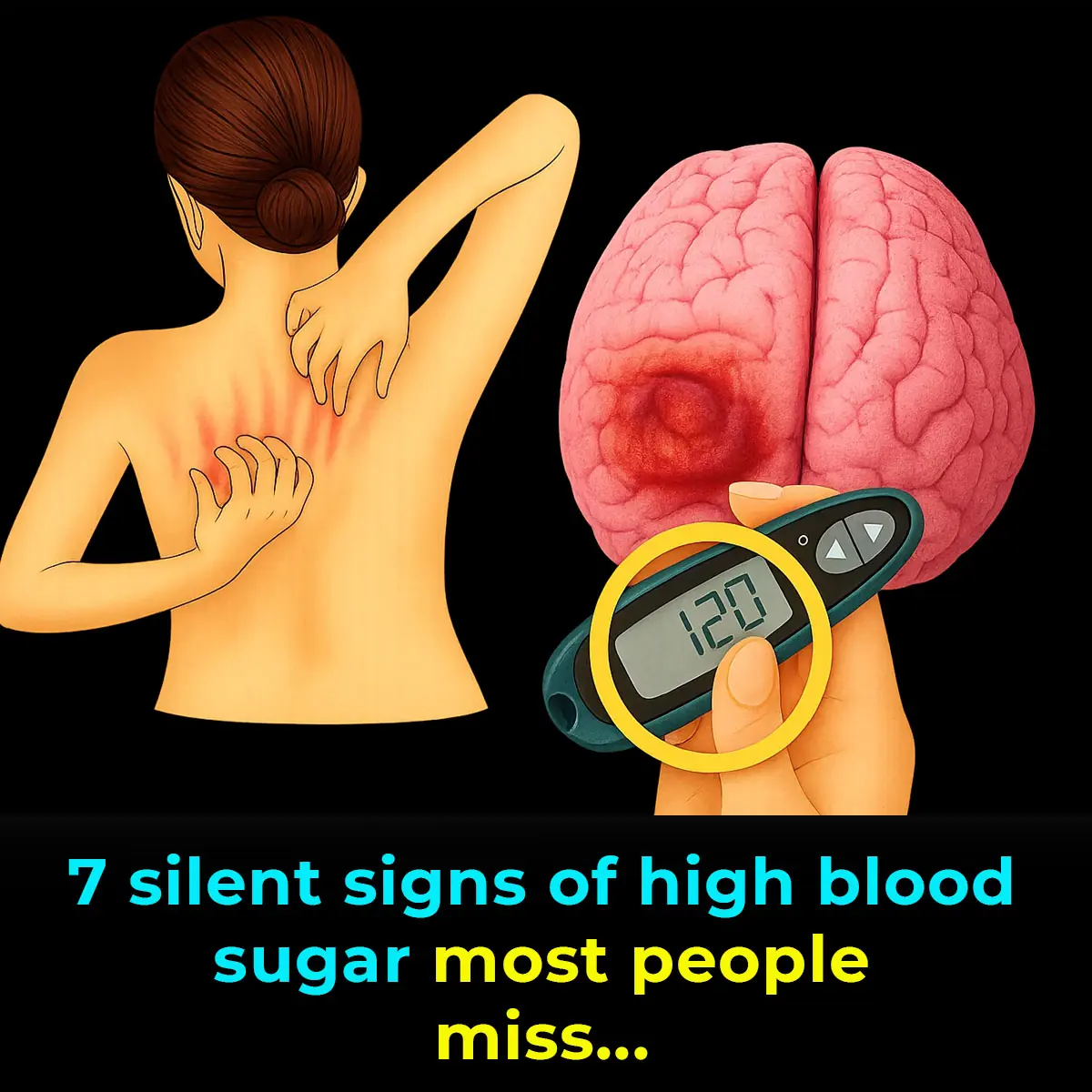
7 silent signs of high blood sugar most people miss
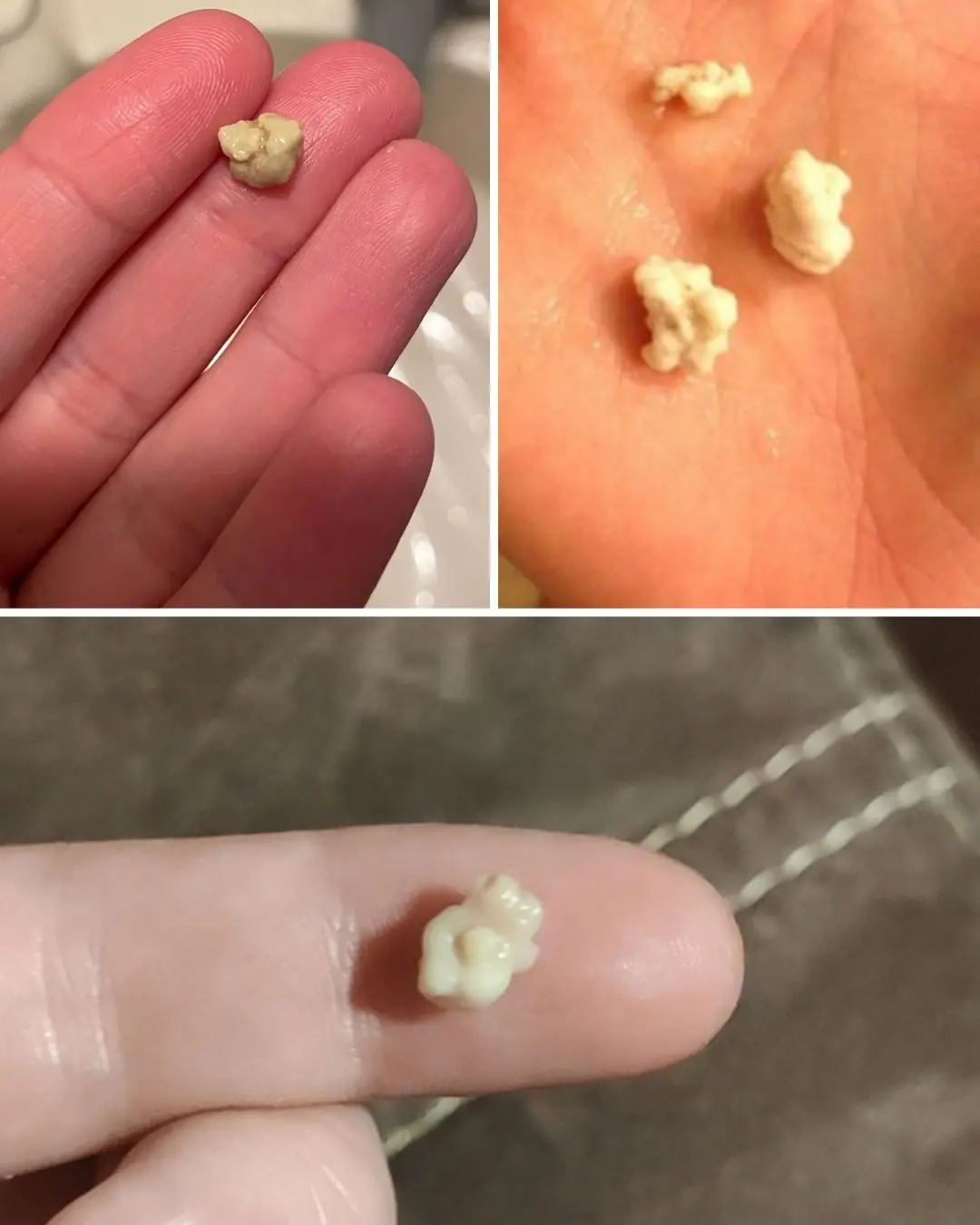
Tonsil Stones: Causes, Symptoms, and Natural Remedies
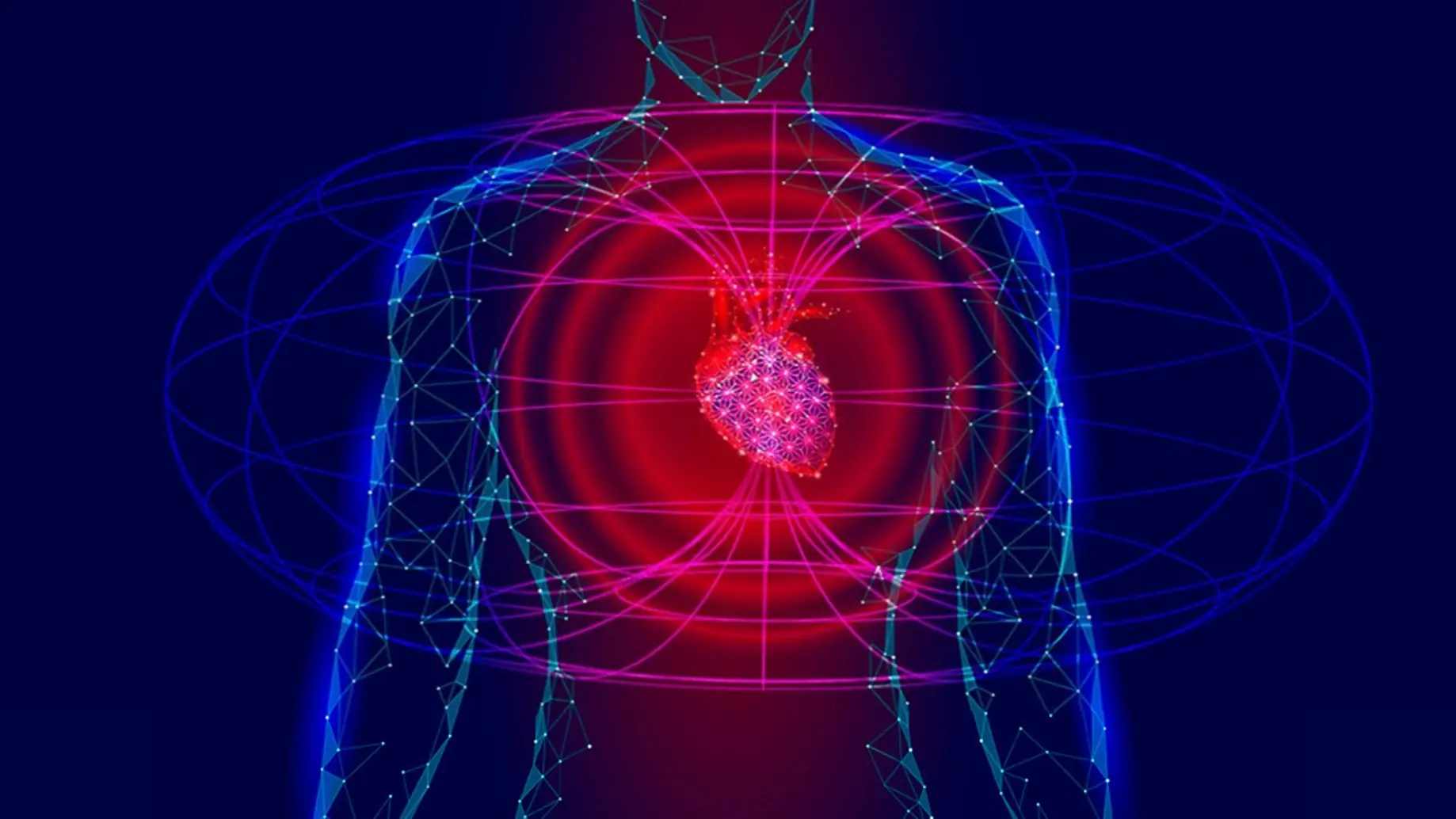
Your Heart Emits a Magnetic Field 100x Stronger Than Your Brain – And It Can Be Detected 3 Feet Beyond Your Body

How Your Body Secretly Tells You You're Stressed

New Study Shows That Sitting in Silence for Only Two Hours Can Trigger Significant Growth in New Brain Cells
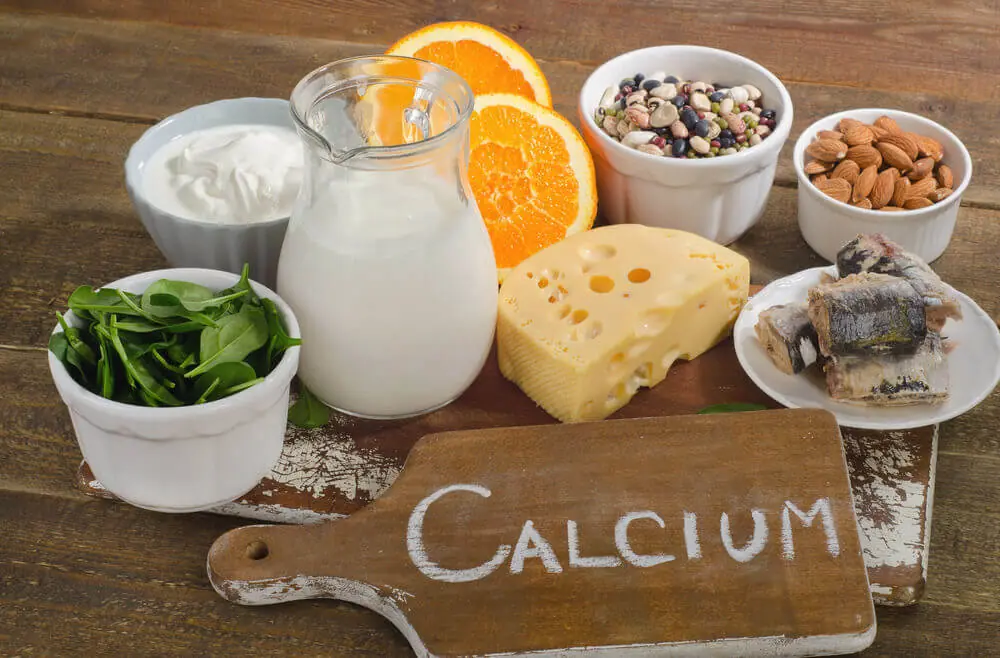
Foods That Can Quietly Drain Calcium From Your Body

Just Simply Looking at a Sick Person Is Enough to Trigger Your Immune Response, Study Shows
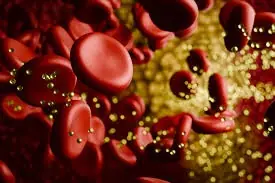
Scientists Discover an “Off Switch” for Cholesterol — And It Could Save Millions of Lives
News Post
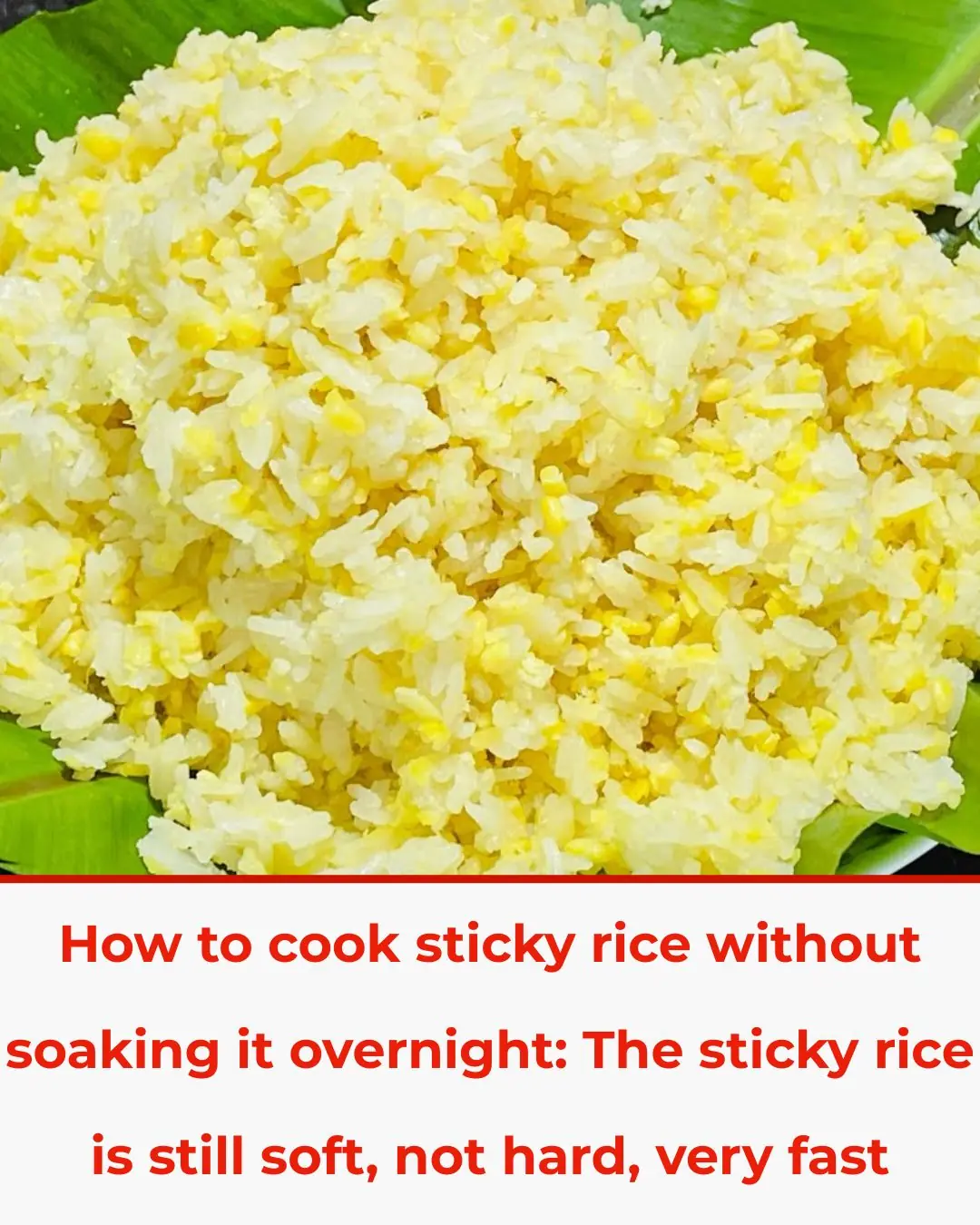
How to Cook Sticky Rice Without Soaking Overnight: Soft, Chewy, and Super Fast

How to Unclog a Sink Drain Without Calling a Plumber

Expiring Food: Should You Buy It or Not? The Answer Might Be the Opposite of What You Think
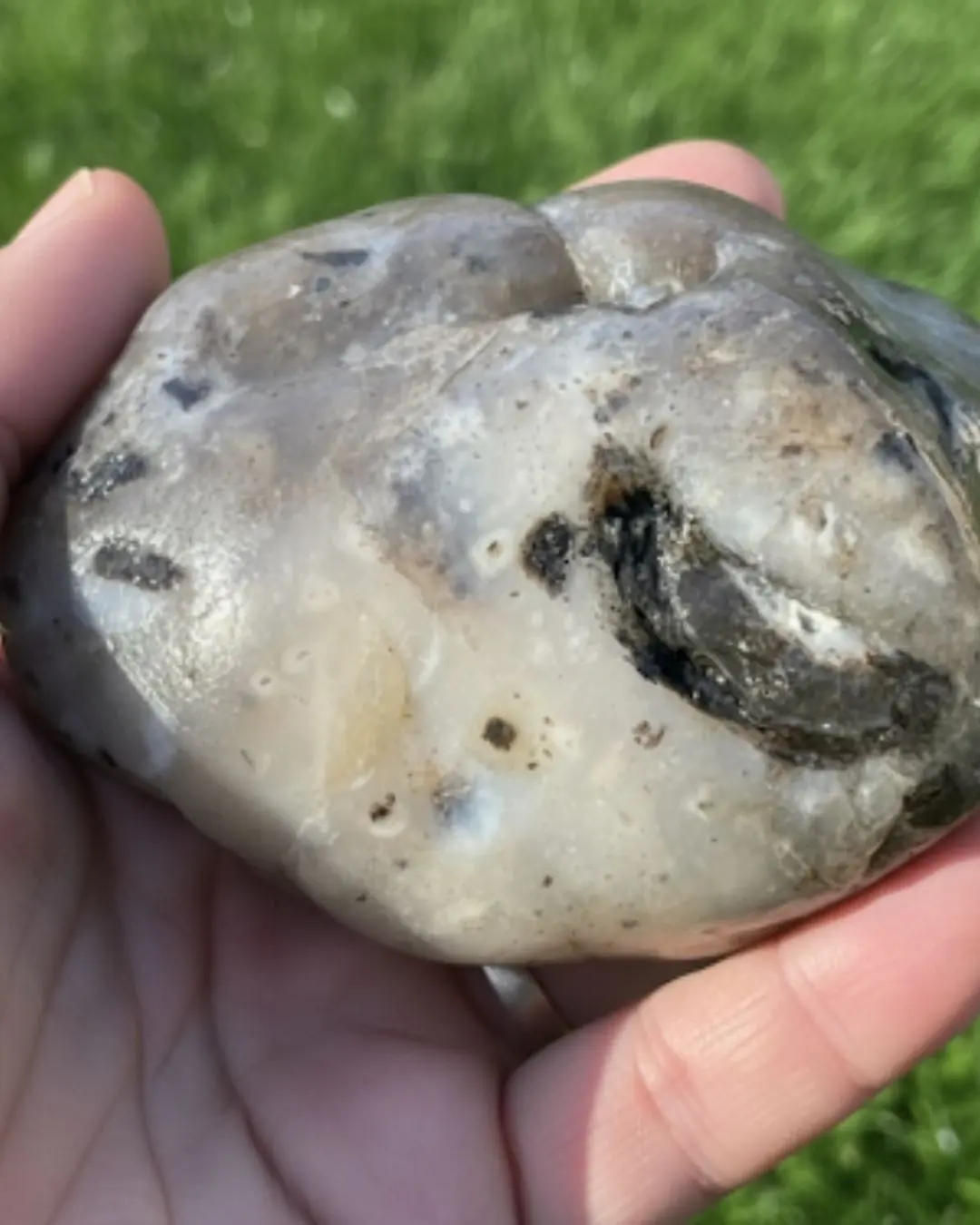
Couple’s Walk Leads to a Rare $70,000 Ambergris

Woman Experiences Intense Leg Pain, Discovers She Has a Rare Ancient Disease Once Called ‘Holy Fire’

Homemade Baking Soda Cream: Say Goodbye to Wrinkles and Dark Spots
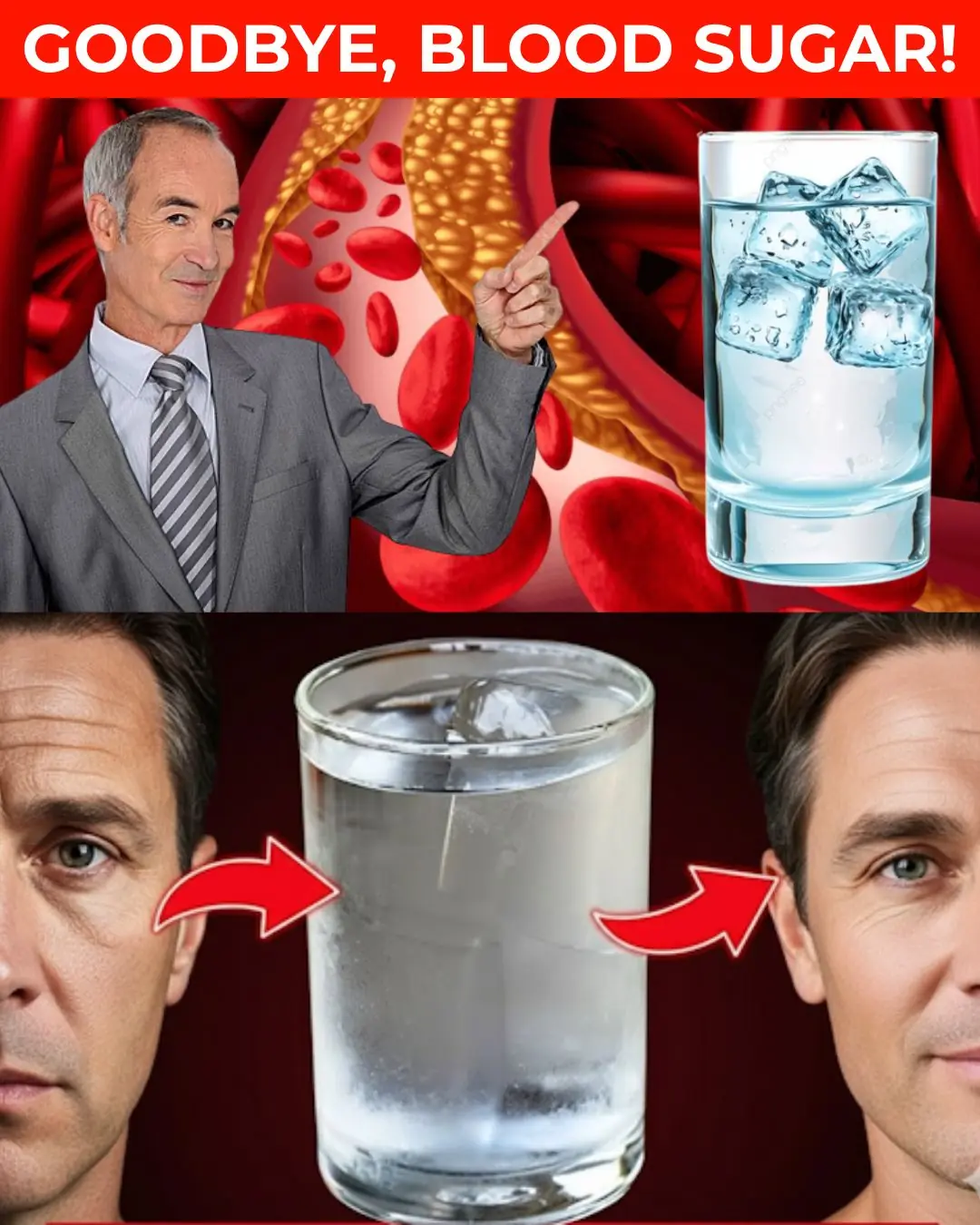
Goodbye, Blood Sugar! A Simple Natural Drink That Helps Balance Glucose Levels

Tomato Benefits for Skin – Rub Tomato Slice on Face

Science Reveals How This Physical Trait May Indicate Narcissism

Nighttime Habits That Increase Your Risk of Stroke

Add a few drops of essential oil to the water used to clean the floor. Knowing the benefits, every family wants to follow suit.
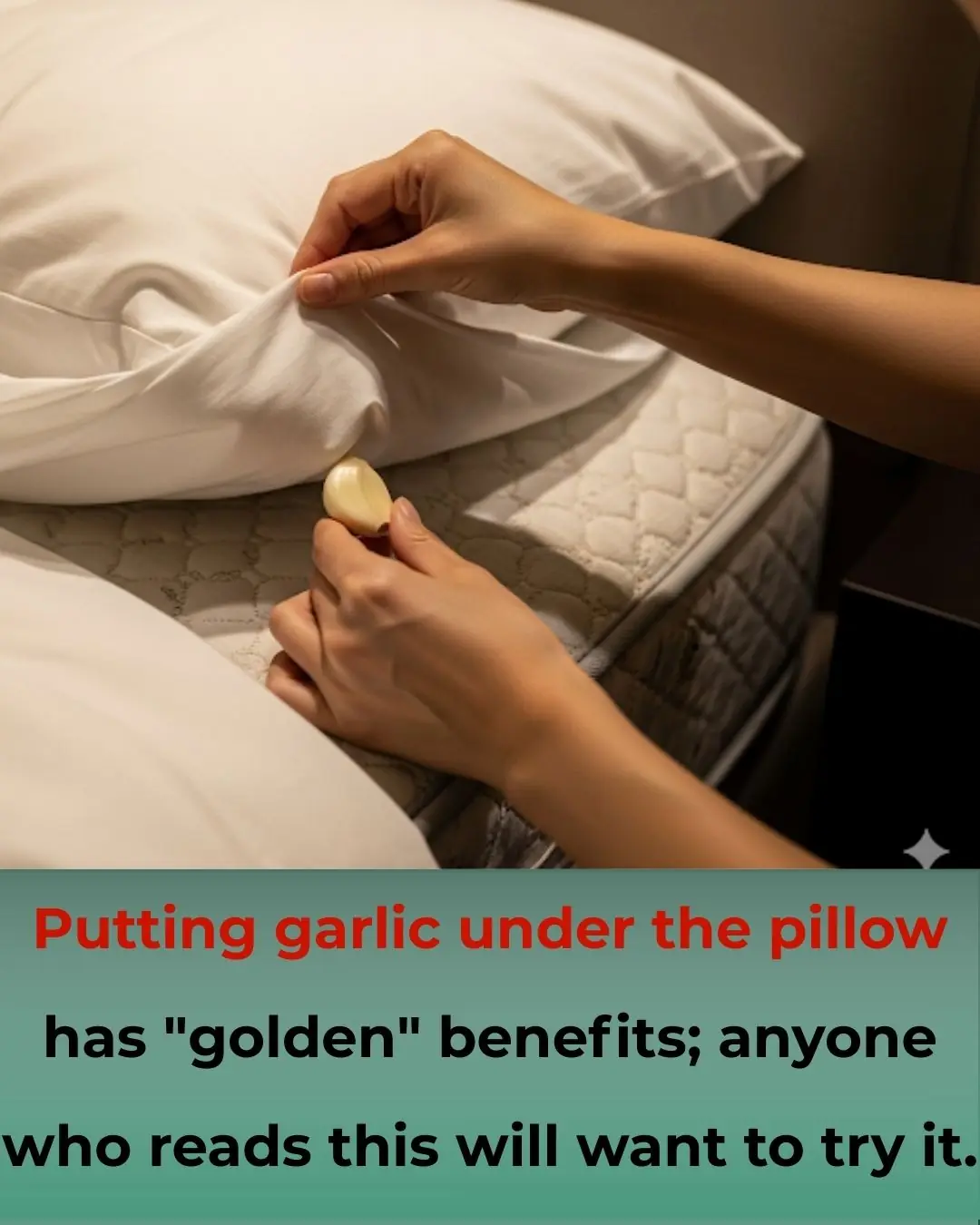
Put garlic at the bedside, its "golden" uses, anyone who reads this will want to try it.
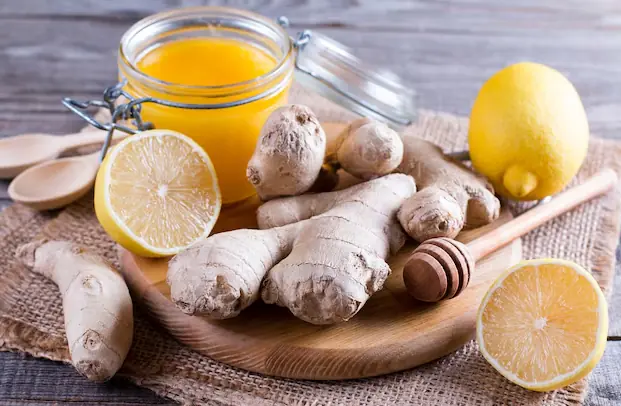
Honey, Lemon, Onion, Garlic & Ginger: The Daily Spoonful That Works Wonders
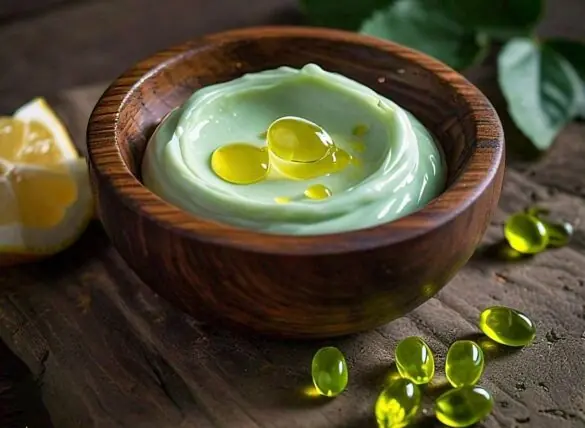
Vitamin E Oil uses for Skin – Glowing Skin, Dark Circles & Wrinkles

4 toxic plastic items

The Chicken Seller Said: "These 3 Types of Chicken Meat, No Matter How Cheap They Are, I Never Buy..."

4 Signs Your Kidneys Might Be in Serious Trouble

The Potent Remedy: Turmeric and Honey as a Natural Antibiotic

If Your Legs Cramp at Night, You Need to Know This Immediately!
